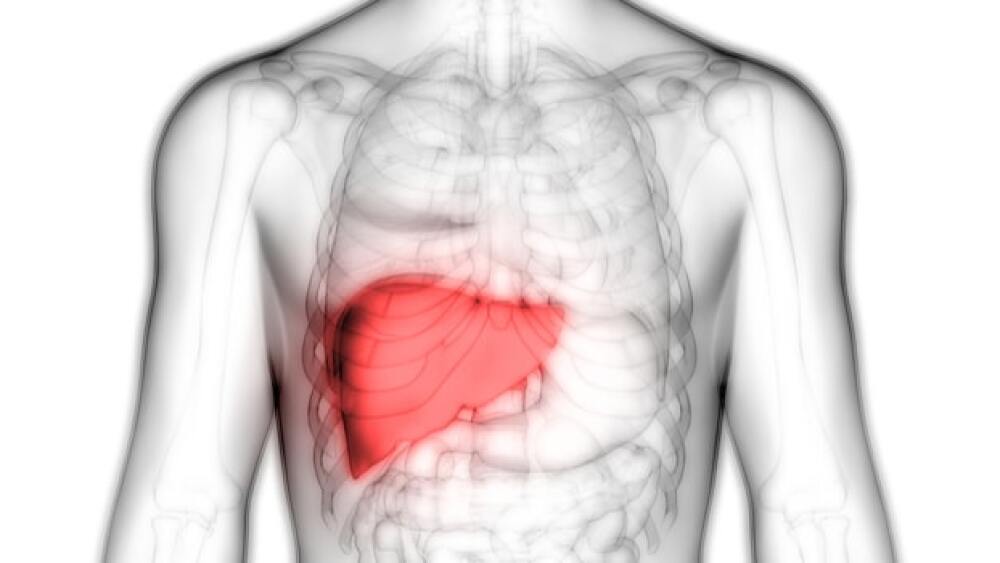Shares of CymaBay Therapeutics soared after the company announced its experimental primary biliary cholangitis (PBC) treatment seladelpar hit the mark in a Phase III study that sets up potential regulatory approval for this indication.
Shares of CymaBay Therapeutics soared after the company announced its experimental primary biliary cholangitis (PBC) treatment seladelpar hit the mark in a Phase III study that sets up potential regulatory approval for this indication.
This morning, California-based CymaBay said seladelpar, a potent and selective peroxisome proliferator-activated receptor delta (PPARδ) agonist, demonstrated anti-cholestatic and anti-inflammatory effects in clinical studies for PBC. As a result, the stock has jumped more than 31% in premarket trading.
The Phase III ENHANCE study was a global trial that randomized 265 PBC patients to placebo, seladelpar 5 mg, or seladelpar 10 mg once daily. The study had been placed on clinical hold by the U.S. Food and Drug Administration in November 2019 following safety concerns raised about the medication in a mid-stage trial assessing the drug as a treatment for non-alcoholic steatohepatitis (NASH). Studies of the drug were halted following histological assessments of liver biopsies in the NASH study revealed atypical histological findings, including histology characterized as an interface hepatitis presentation, with or without biliary injury. The holds were lifted by the FDA in July after experts discovered the concerns were not related to seladelpar in the Phase IIb NASH study.
Regarding the PBC study that was on hold, CymaBay said that due to the early termination of the study and the small number of patients who had reached the 52-week time point, the primary outcome measure was amended prior to database lock to a three-month time point which was reached by 167 of 265 patients. Seladelpar achieved the primary composite outcome with high statistical significance in 78.2% of patients in the 10 mg group and 57.1% in the 5 mg group compared to 12.5% on placebo after three months.
“We are thrilled with the results which highlight the safety and efficacy of seladelpar in patients with PBC. Although ENHANCE was terminated prior to completion of the 52-week treatment period, topline data for patients through 12 and 26 weeks of treatment demonstrate robust anti-cholestatic, anti-inflammatory and anti-pruritic activity of seladelpar,” CymaBay Therapeutics Chief Executive Officer Sujal Shah said in a statement. “These results confirm what was observed in our Phase II open-label study and serve to reinforce our confidence in developing seladelpar as a new therapy addressing the key unmet needs for patients as we re-initiate a Phase III registration study in PBC. We would like to thank all of the patients and investigators who participated in ENHANCE and who continue to support our efforts.”
For PBC, seladelpar has received an orphan designation from the US Food and Drug Administration and the European Medicine Agency. Seladelpar also received Breakthrough Therapy Designation from the FDA and PRIority MEdicine status from the EMA for PBC.





